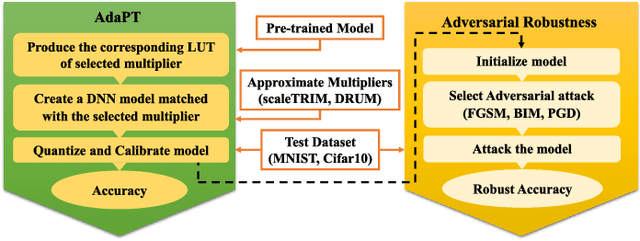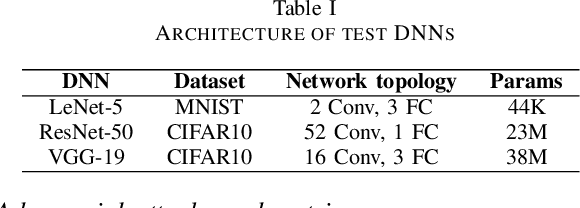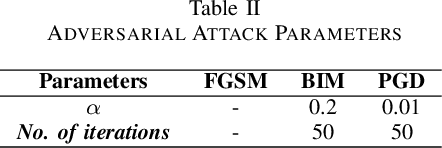Ebrahim Farahmand
Hybrid Attention Model Using Feature Decomposition and Knowledge Distillation for Glucose Forecasting
Nov 16, 2024Abstract:The availability of continuous glucose monitors as over-the-counter commodities have created a unique opportunity to monitor a person's blood glucose levels, forecast blood glucose trajectories and provide automated interventions to prevent devastating chronic complications that arise from poor glucose control. However, forecasting blood glucose levels is challenging because blood glucose changes consistently in response to food intake, medication intake, physical activity, sleep, and stress. It is particularly difficult to accurately predict BGL from multimodal and irregularly sampled data and over long prediction horizons. Furthermore, these forecasting models must operate in real-time on edge devices to provide in-the-moment interventions. To address these challenges, we propose GlucoNet, an AI-powered sensor system for continuously monitoring behavioral and physiological health and robust forecasting of blood glucose patterns. GlucoNet devises a feature decomposition-based transformer model that incorporates patients' behavioral and physiological data and transforms sparse and irregular patient data (e.g., diet and medication intake data) into continuous features using a mathematical model, facilitating better integration with the BGL data. Given the non-linear and non-stationary nature of BG signals, we propose a decomposition method to extract both low and high-frequency components from the BGL signals, thus providing accurate forecasting. To reduce the computational complexity, we also propose to employ knowledge distillation to compress the transformer model. GlucoNet achieves a 60% improvement in RMSE and a 21% reduction in the number of parameters, using data obtained involving 12 participants with T1-Diabetes. These results underscore GlucoNet's potential as a compact and reliable tool for real-world diabetes prevention and management.
Exploring DNN Robustness Against Adversarial Attacks Using Approximate Multipliers
Apr 17, 2024



Abstract:Deep Neural Networks (DNNs) have advanced in many real-world applications, such as healthcare and autonomous driving. However, their high computational complexity and vulnerability to adversarial attacks are ongoing challenges. In this letter, approximate multipliers are used to explore DNN robustness improvement against adversarial attacks. By uniformly replacing accurate multipliers for state-of-the-art approximate ones in DNN layer models, we explore the DNNs robustness against various adversarial attacks in a feasible time. Results show up to 7% accuracy drop due to approximations when no attack is present while improving robust accuracy up to 10% when attacks applied.
 Add to Chrome
Add to Chrome Add to Firefox
Add to Firefox Add to Edge
Add to Edge